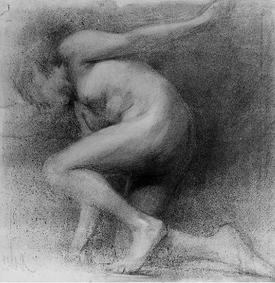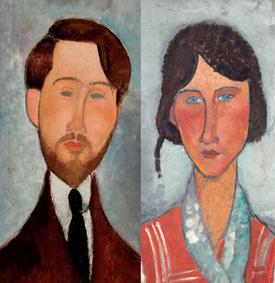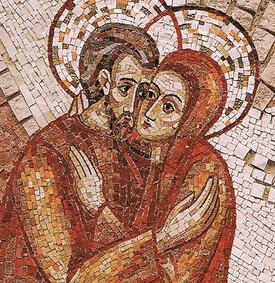
The Eloquent Body
The human body—the “thing” that accompanies us wherever we go—is central to most of the burning questions in our culture’s collective mind. The body is just there. And, for that very reason, we are putting it to the test as we reject, starve, exploit, re-build—chemically, surgically, digitally, cybernetically—and finally incinerate it. Though we have been at this for centuries, what has become clearer in recent years is that the dominion of nature at large has at last become the dominion of our nature, especially there where it puts us in relations we have not chosen—with our origin (mother and father), with the opposite sex, and with our children. This is precisely why we have turned on the body.


